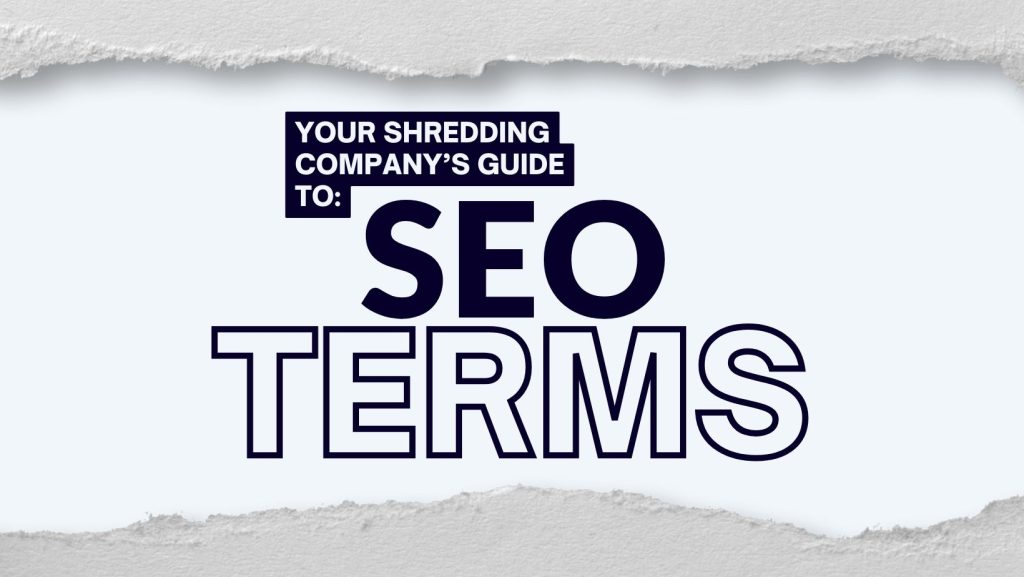Their are a number of strategies a novice SEO can do to help boost rankings in popular search engines; some require a modest dose of common sense and others a little more skill. The following SEO tips meet right in the middle and are meant for the ‘developing’ SEO Specialist.
1. Meta content
Did you know that page titles and descriptions (among other on-page content) are searchable? Ensuring that your Meta content is consistent with your off-page content (blogs, news, about us, etc.) makes for a more searchable website (spider food).
2. Use keywords in your page files
These are searchable too. Naming your page files with important keywords makes spider food. If Mike runs a small sports shop in Newmarket, Ontario, he should consider naming his About Us page About Mike’s Sports – Newmarket and his Contact Us – Contact Mike’s Sports. Be creative, and don’t flood your page names with your location. Consider relevance and plug-in the location strategically.
3. Make sure all content-based images have ALT tags
Web images are inviting to spiders, so give them something to munch on. Properly plug keywords into photo file names and descriptions. Your “Xc4343_IMG.jpg” should look more like “flowers_roses_joans_flowers.jpg”. Alt tags provide detail for an image and are useful for users searching the web with text-only browsers and limited web graphic abilities.
4. Place keywords in appropriate title tags
Placing proper keywords in title tags is one of the most important SEO factors to help achieve high search engine rankings. Put your company name and location in the title tag (i.e. Henry and Kim Accounting in Richmond Hill).
5. Install Google Analytics and webmaster tools
Google Analytics is a priceless tool that provides some astounding statistics about the progress and overall ‘searchability’ of your website. Provided that you have a Gmail account, Google Analytics is free and easy to install; it can help assess the strong and weak points in your SEO campaign.


